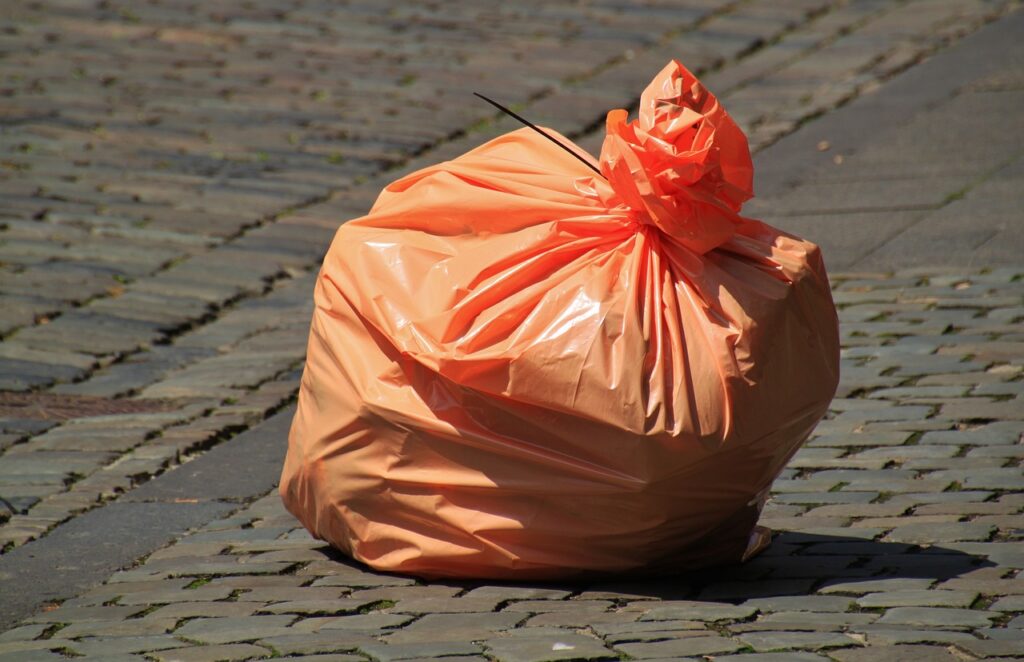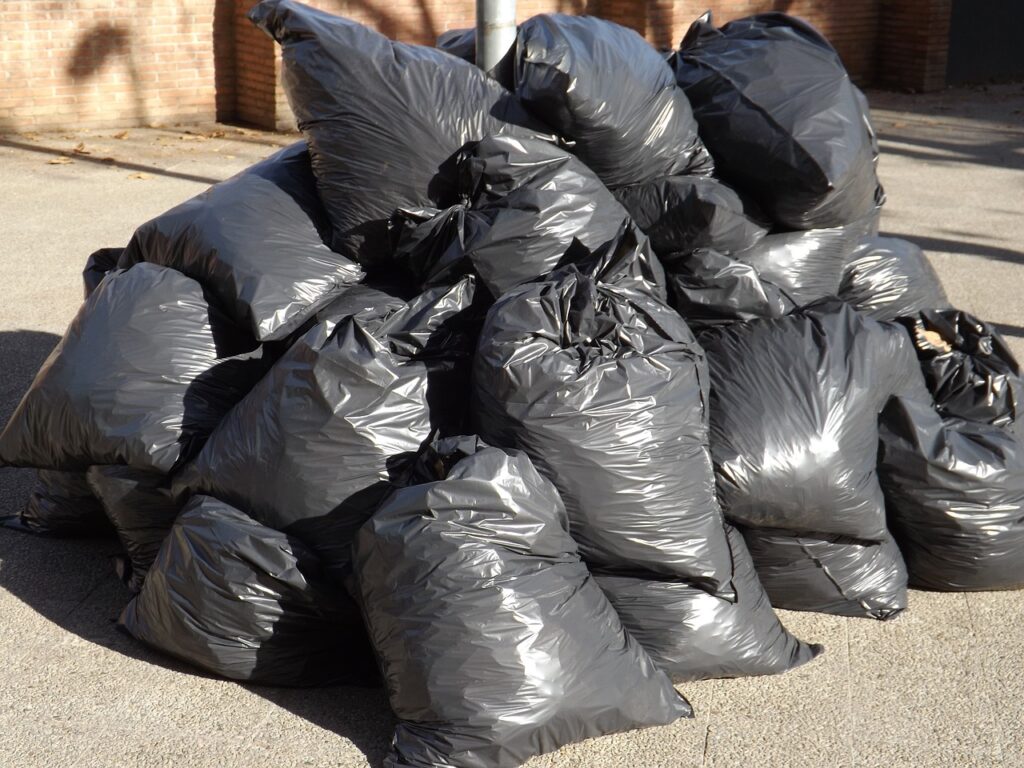Biodegradable Garbage Bags vs Compostable: Which is better?
In the quest for more sustainable living, many people are turning to alternatives to traditional plastic garbage bags. Two popular options are compostable and biodegradable garbage bags. But what’s the difference between these two? And which one is the better choice for the environment? Let’s dive in.
What are Biodegradable Garbage Bags?
Biodegradable garbage bags are made from various materials such as bioplastics, corn starch, and cellulose. These materials can break down into water, carbon dioxide, and organic matter over time with the help of microorganisms, sunlight, and moisture. Bioplastics, including polylactic acid (PLA) and non-toxic bioplastics, are derived from renewable plant materials like corn, soy, and vegetable oils.
Pros and Cons:
Biodegradable trash bags offer several advantages over traditional plastic bags. They reduce dependence on petroleum resources, have a lower carbon footprint due to the use of renewable sources, and decompose at a faster rate than traditional plastic bags. They also support the growth of the bioplastics industry, which can help spur innovation and create jobs.
However, biodegradable trash bags also come with some drawbacks. The degradation rate can be significantly slower if not exposed to the right environmental conditions. They may release methane gas during the decomposition process, which is a potent greenhouse gas. In some cases, they may not be suitable for recycling or composting facilities.

"Choosing between biodegradable and compostable garbage bags depends on your specific needs and circumstances."

What are Compostable Garbage Bags?
Compostable garbage bags are made from materials that can be completely broken down by microorganisms under the right conditions, ultimately turning into compost. This process results in no harmful residues, making them a more environmentally-friendly alternative to both traditional and biodegradable bags.
Compostable bags are usually made from plants like corn or potatoes instead of petroleum. If a bag is certified compostable by the Biodegradable Products Institute (BPI) in the U.S., that means at least 90% of its plant-based material completely breaks down within 84 days in an industrial compost facility.
Pros and Cons:
Compostable garbage bags have many benefits. They’re made from renewable resources and break down completely without leaving any harmful residues. They’re also suitable for composting facilities, making them an excellent choice for those who compost at home or have access to a composting service.
However, like biodegradable bags, compostable bags also have their drawbacks. They need specific conditions to break down properly, which means they might not decompose fully in a landfill. Also, they’re often more expensive than regular plastic or biodegradable bags.
Conclusion
Both biodegradable and compostable garbage bags offer more environmentally friendly alternatives to traditional plastic bags. However, they each have their pros and cons. Biodegradable bags break down faster than traditional plastic but may leave behind microplastics. Compostable bags can break down completely without leaving any harmful residues but require specific conditions to do so.
Choosing between biodegradable and compostable garbage bags depends on your specific needs and circumstances. If you have access to a composting facility or service, compostable bags may be the better option. If not, biodegradable bags could be a more practical choice.
Remember that while switching to biodegradable or compostable garbage bags is a step in the right direction, it’s also essential to reduce waste overall. Consider ways to minimize your trash output by recycling more, composting food waste at home, and choosing products with less packaging.
By understanding the differences between these two types of eco-friendly garbage bags, you can make an informed decision that aligns with your sustainability goals.
